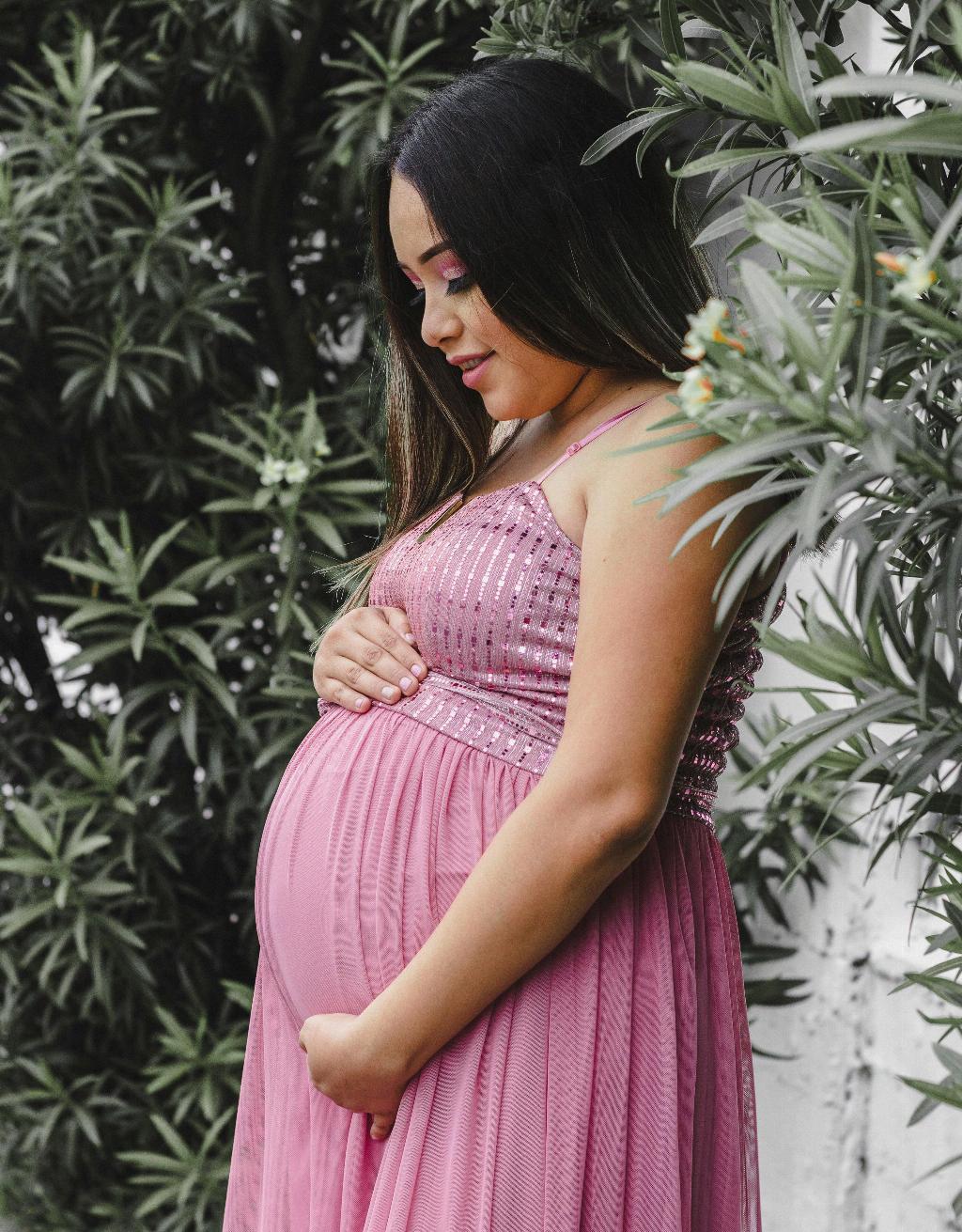Many expectant mothers may wonder about the possibility of inducing labor at 36 weeks, but it is essential to consider the potential risks and benefits associated with this decision. Inducing labor before 39 weeks of pregnancy is recommended only under specific circumstances where it is medically necessary.
Health Benefits of Allowing Labor to Begin Naturally
Allowing labor to begin naturally is associated with several health benefits for both the mother and the baby. When labor starts spontaneously, it is a sign that the baby is ready to be born, which may result in a smoother delivery process with potentially fewer complications.
Risks of Inducing Labor Prematurely
Inducing labor at 36 weeks without a medical reason can increase the risk of complications for both the mother and the baby. Premature induction may lead to a higher likelihood of complications such as breathing difficulties for the baby and increased risks of infection for the mother.
Medical Reasons for Inducing Labor Early
In certain cases, healthcare providers may recommend inducing labor before 39 weeks if there are specific health concerns that could impact the well-being of the mother or the baby. These reasons may include conditions like preeclampsia, gestational diabetes, or issues with fetal growth.
Consultation with Healthcare Provider
It is crucial for expectant mothers to have open and honest discussions with their healthcare providers regarding the possibility of inducing labor early. Healthcare professionals can provide personalized guidance based on individual circumstances and help determine the best course of action for a safe delivery.
Assessment of Fetal Development
Before considering early induction, healthcare providers will typically assess the baby’s development through various tests and examinations. This evaluation helps determine whether the baby is mature enough to be born safely before the full-term of 39 weeks.
Monitoring Maternal Health
Additionally, monitoring the mother’s health and well-being is essential in the decision-making process regarding labor induction. Factors such as the mother’s overall health, previous pregnancy history, and any existing medical conditions play a crucial role in determining the best approach for delivery.
Educating Expectant Mothers
Expectant mothers should educate themselves about the potential risks and benefits of early induction to make informed decisions about their birth plan. Being aware of the implications of premature labor induction can help in advocating for the health and safety of both the mother and the baby.
Emotional Preparation for Early Induction
Emotionally preparing for the possibility of early induction is also vital for expectant mothers. Understanding the reasons behind the recommendation for early labor can help alleviate anxiety and stress, ensuring a more positive birth experience.
Alternative Birth Plans
If early induction is not medically necessary, exploring alternative birth plans that support natural labor onset can be beneficial. Discussing options such as waiting for labor to begin spontaneously or considering natural methods to encourage labor progression can help in achieving a positive birthing experience.
Conclusion
In conclusion, the decision to induce labor at 36 weeks should be carefully considered in consultation with healthcare professionals. Understanding the potential risks and benefits, assessing fetal development, monitoring maternal health, and exploring alternative birth plans are crucial steps in ensuring a safe and healthy delivery for both the mother and the baby.

